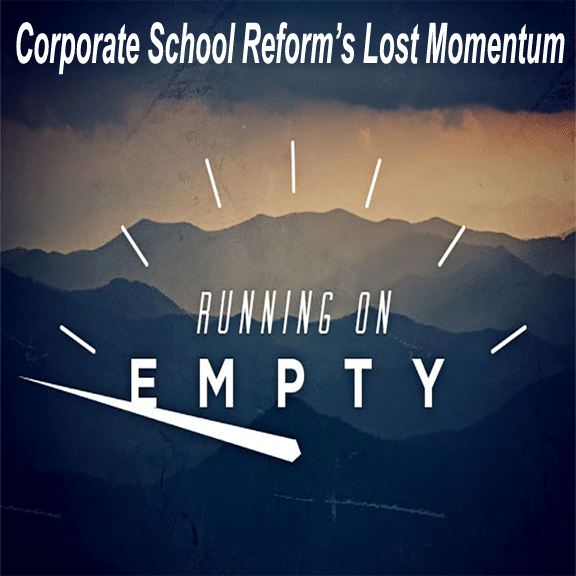School Reform’s Lost Momentum
The legacy of education’s federal era won’t be undone quickly, but states and localities should lead the way forward.
The 2018 midterms marked the second straight electoral cycle paring back the education reforms favored by the Barack Obama and George W. Bush presidential administrations. Education reform was relegated to the background in the 2016 election, but a well-funded effort to increase modestly the number of charter schools in Massachusetts went down to defeat. In 2018, Wisconsin voters replaced a strong supporter of school choice with a candidate more likely to raise educational spending. And New Yorkers flipped the state senate, the last refuge of charter school support, from Republican to Democrat. In these and other states, voters backed candidates promising more funding for traditional public schools.
Reformers set themselves up for these defeats with their bipartisan support for reforms driven from Washington, seemingly at the expense of local control. Prior to the mid-twentieth century, American educational policy had largely been a local matter. Schools operated under local and state control, in close collaboration with parents. This model had much to recommend it. Sociologist Anthony Bryk has shown that schools succeed where trust exists between school professionals and the local families they serve.
Starting in the mid-1960s, Washington took a growing role in education policy, culminating in large-scale efforts by the Bush and Obama administrations to establish local education directives at the federal level. We’re now seeing a reaction against those efforts. The Trump administration’s secretary of education, Betsy DeVos, seemed to grasp this at the outset of her term, stating: “You cannot fix what ails education by telling people how to do things from the Washington-level down; it really has to be a grassroots local initiative.” Yet the Education Department she leads has only begun to introduce the changes necessary to make this vision a reality. The divided government delivered by the midterms almost guarantees that we’ll be stuck with some of the legacy of education’s federal era, while lasting reform efforts will have to take place at the state and local levels. The diversity of outcomes that will likely mark these initiatives should not be feared, however; it is truer to America’s historical approach to education policy.
At the height of 1960s federal activism, Lyndon B. Johnson’s administration had to fight hard to enact a major education-funding program, Title I, as part of its War on Poverty. Given the venerable American tradition of local control of schools, the 1965 legislation established only a limited federal role: “In recognition of the special educational needs of children of low-income families and the impact that concentrations of low-income families have on the ability of local educational agencies to support adequate educational programs, the Congress hereby declares it to be the policy of the United States to provide CONTINUE READING: States Key to Undoing School Reform’s Federal Era | Ray Domanico, City Journal

